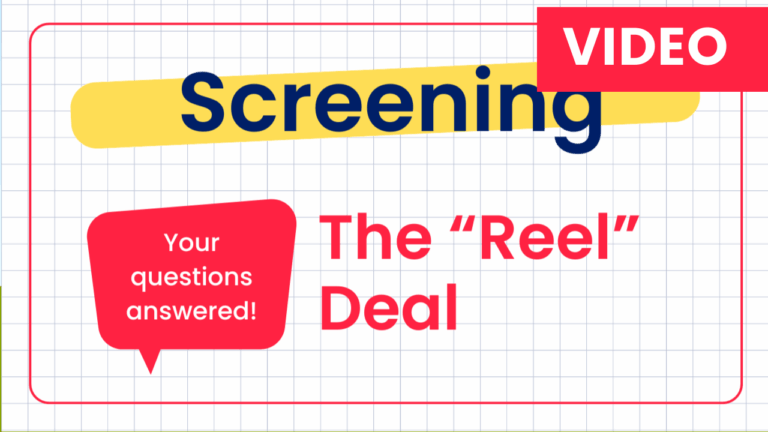L’enseignement basé sur les données
La partie 1 aborde le rôle essentiel du dépistage, des évaluations diagnostiques et des suivis de progrès pour informer les stratégies d’enseignement et soutenir la réussite des élèves. Découvrez comment les données nous permettent de répondre à ces 3 questions fondamentales : Qui a besoin d’aide ? Que devrait être cette aide ? L’aide est-elle…






